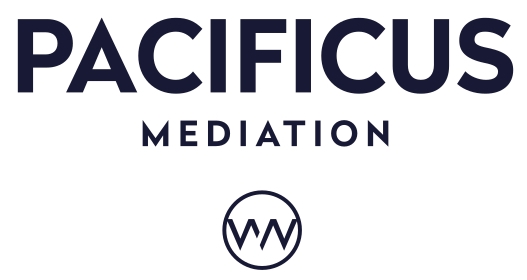Disputes cost time and money. They are a distraction from business and often have a personal impact too. Mediation provides an opportunity for parties to work together in a strictly confidential environment to secure a resolution quickly and cost effectively. Nothing discussed as part of the mediation can be referred to outside of the mediation or used in any court process even if the mediation is not successful.
The vast majority of mediations result in a a resolution on the day or shortly afterwards but parties have complete control over the terms of any agreement. The process is flexible and the mediator is there to assist the parties to reach a resolution to suit their needs and priorities. This may be a creative and commercial resolution, which would not be available via a court or grievance process.
Mediation is a voluntary process but it has increasingly become part of the litigation process, with courts strongly encouraging its use. It also has an important part to play in corporate governance and the workplace with boards calling in mediators to act as facilitators to assist with conflict between directors, shareholders and employees.
Some of the many benefits to mediation:
It is cost effective;
It is completely confidential and without prejudice;
It is an efficient process, usually resulting in a resolution on the day of mediation;
It removes the uncertainty and expense of going to court;
It is flexible and allows parties to find commercial solutions that could not be awarded by a judge or arbitrator;
It can preserve relationships, allowing businesses to move forward with existing commercial arrangements;
It provides an opportunity for parties to pause and reflect on what’s important to them and to evaluate their position.
Mediation is a fast and cost effective way of resolving disputes.


